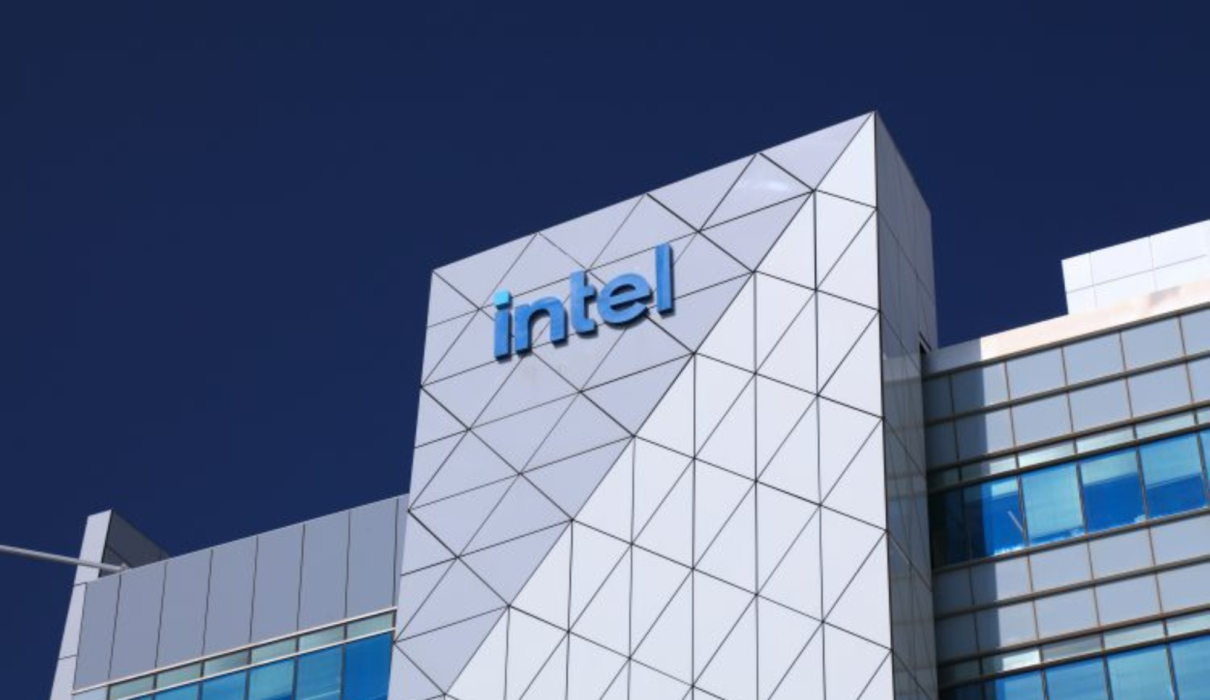Intel is contemplating a significant overhaul of its chip production strategy under the leadership of its new CEO. The company may move away from its legacy model—where chip design and fabrication were handled entirely in-house—and instead adopt a hybrid structure that includes outsourcing to third-party foundries like TSMC and Samsung.
This marks a transformative shift for Intel, which has historically differentiated itself through tight integration. However, mounting pressure from global rivals and recent delays in developing cutting-edge chip nodes have prompted the company to reconsider its approach.
According to people familiar with the matter, Intel’s leadership is exploring the benefits of splitting design from manufacturing. Doing so could allow the firm to focus on design excellence while leveraging the scale and efficiency of external fabs for production. The potential transition comes amid rising geopolitical tensions and U.S. efforts to localize critical semiconductor supply chains.
Industry analysts say the move could unlock faster innovation and capital efficiency, especially as chip demand accelerates across AI, automotive, and cloud computing sectors. Still, concerns linger over whether outsourcing would compromise Intel’s control over quality and intellectual property.
While no final decision has been announced, this strategic exploration signals that Intel may be ready to shed its old playbook and embrace a more modular, competitive future in global chipmaking.

